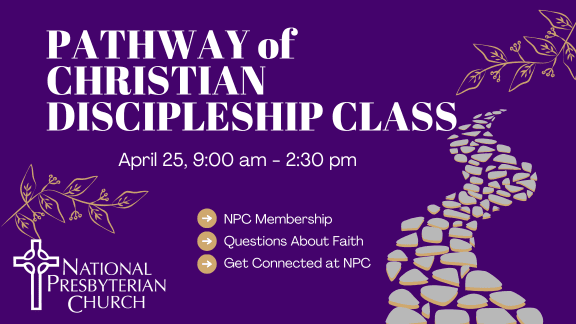Classes for Adults
Adult Sunday School meets at 9:55-10:45 am. Our annual schedule:
- Fall Kick-off: The Sunday following Labor Day, we start a new semester of classes with a variety of choices. Some classes will extend into the spring semester.
- January Term: After the new year, we offer a selection of short-term classes.
- Spring Semester: In February, we resume our regular Adult Sunday School classes with continuations from the fall semester, along with new choices.
- Summer Speaker Series: After Memorial Day and throughout the summer, we'll gather in a large group to hear from a different speaker each week.
- Parent Gathering: Parent Gathering meets during the fall and winter.
2026 Spring Semester Adult Sunday School
Childcare and Children's Sunday School run concurrently with the Adult Sunday School hour. The following Sunday School classes will begin February 8th.
Looking for a Plenary?
Other Classes
Sorry, we couldn't find any posts. Please try a different search.

